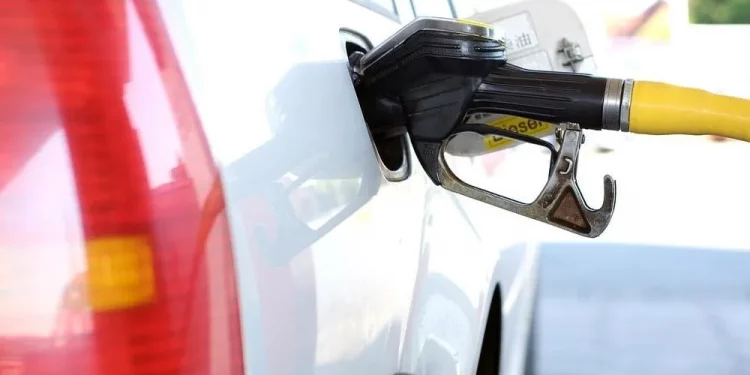Kenya is in talks to import 30% of its fuel from the United Arab Emirates (UAE) on credit through the State-owned National Oil Corporation of Kenya (Nock) to curb fuel shortages.
Nock will be expected to sell the bulk of the UAE cargo to small independent dealers, who have recently been cut off from the wholesale market in a shift that partly contributed to the biting fuel shortage that stalled transportation across the country.
“They [UAE] will finance the product or provide the product with an extended credit period then Nock will trade and pay them back. We want to give Nock allocation to supply the independents so that the majors do not hold us hostage. “said a top official who requested not to be identified as quoted by Business Daily.
The debt-ridden Nock was originally mandated to import 30 per cent of the country’s petroleum products, including LPG, but it lost its rights when the government opened the importation market to private firms in the 1990s.
If the State has its way, Nock will ship in 30 per cent of Kenya’s super, diesel and kerosene and the imports will also be used to provide strategic stocks for the country and alleviate the shortage of the commodities due to disruptions globally.
This plan is backed by the Draft Petroleum (Importation) (Quota Allocations) Regulations, 2022 and is aimed at boosting Nock’s cash flows in an industry where it has struggled to keep pace with multinationals.
Currently, Vivo, a retailer of Shell-branded fuel products, dominates the market with a share of 21.7 per cent followed by TotalEnergies at 16.4 per cent and Rubis (8.6 per cent). Nock is ranked 10th with a 2.2 per cent market stake.
However, the regulations are likely to meet resistance from the rest of the industry players since they would tip the scales in favour of Nock.
The state introduced a fuel subsidy in April last year, which was set to ease fuel costs by making wholesale prices nearly match the cost of selling diesel and petrol at the pump has made the business unprofitable to independent players who do not import and buy supplies from the big players.
However, the failure of the government to pay the subsidy has pushed up the price in the wholesale market where oil majors resell fuel to the smaller independent fuel retailers.
The marketers are said to have increased the share of fuel they sell to the neighbouring countries of Uganda, Rwanda and DR Congo to over 60 per cent from the previous 40 per cent of total imports to ease their cash crunch.
This has further cut supply as the neighbouring countries enjoy normalcy.




